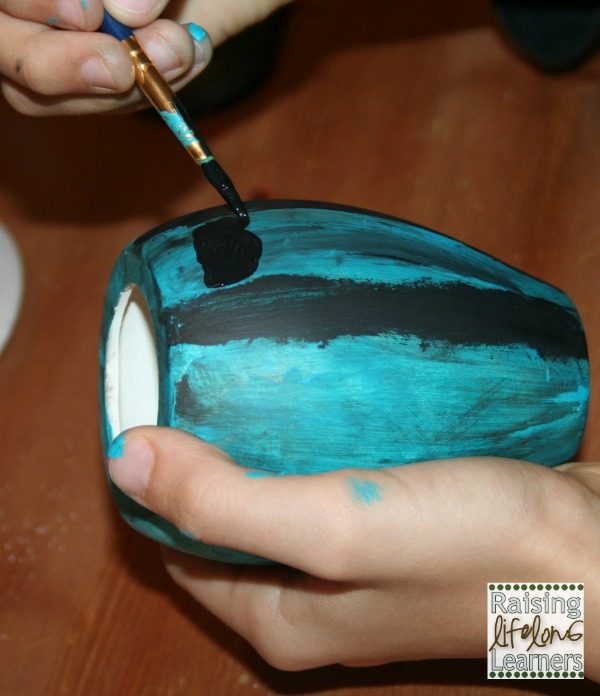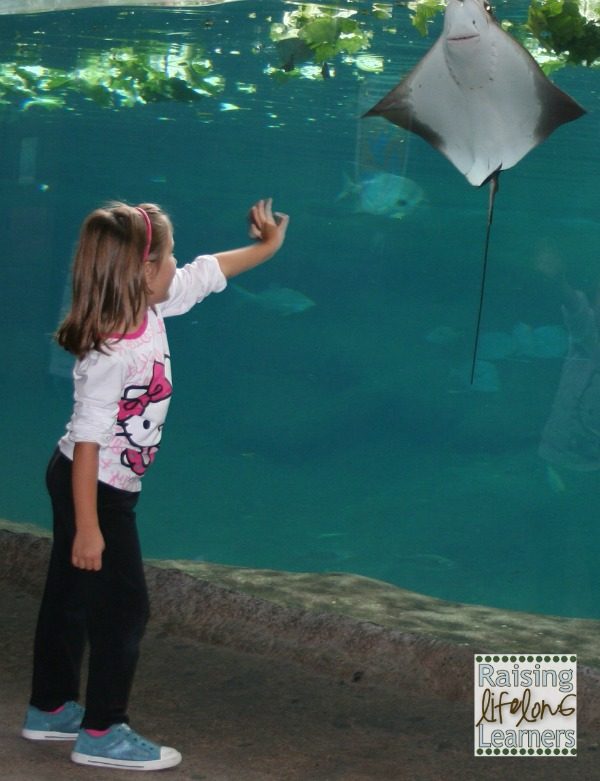Strategies for Teaching Gifted Children at Home
Gifted kids are a puzzle because each child is so totally different from one another. Yes, they share similar characteristics and defining qualities, but they are interested, passionately, in different things, and fuel those interests in incredibly varied ways. There are many strategies for teaching gifted children at home.
So, if you’re homeschooling your gifted or twice-exceptional children, and trying to be flexible, follow their interests, and accommodate for their asynchronous development, how do you manage? What are some strategies for teaching gifted children or homeschooling methods that allow you to meet them where they are and move them forward every day?
Immersion Learning
I’ve talked a bit about perseveration before, but what does it mean, exactly? Perseveration, in the context of gifted and twice-exceptional kids, refers to the obsessive and highly selective focus on things of current interest.
Homeschooling affords a child time to be obsessive if need be. If your child needs to know everything there is to know about trains, as Trevor did between the ages of 2 and 5, he can spend time on that. You can help him immerse himself in that subject by checking books, magazines, and videos out of the library, doing art projects about trains, and writing reports or doing projects about the topic at hand. And then, when it’s time, move onto the next topic…
Creative Questioning
Do you have a child that.just.won’t.stop.asking.questions? Obscure, unusual questions like, “What if the South had won the Civil War?” or “Why don’t we eat stew for breakfast and pancakes for dinner all the time?”
Encourage that.
Be respectful of your child’s curiosity, and encourage her to look for answers to impossible questions. Just think about the amazing things she’ll discover along the way.
Separate out Subject Areas
This is perhaps the easiest way of modifying a curriculum to meet varied needs. By focusing on each subject individually, you can order a math program that fits your child’s needs at the level he’s on, pull reading books from lists on his level or purchase a reading curriculum that works, and then branch out from there, piecing together curriculum materials for the other subjects.
When you’re studying each subject individually, still take into account your gifted kids’ needs. You may find yourself compacting a subject area. When you do this, you skip things your child already knows, ask them to complete only a fraction of the exercises, different from the one suggested by the curriculum itself.
You may find a need to telescope the curriculum. In this case, you allow your child to speed through material as he or she masters it. If the suggested pace is two chapters a week, but your child can complete two chapters a day because he or she adores the topic – let him or her go. Completing more curriculum in less time will free your child up to enjoy other topics at their leisure later on.
And, she’ll have the opportunity to go back and pick up the topics she missed along the way. That’s one of the beautiful things about homeschooling.
Classical Approach
The classical style of homeschooling emphasizes logic, literature, and languages, and can be made very rigorous. Kids who crave structure and challenges may benefit from this method. We use pieces from this method — rich literature, a study of Latin, and have begun a classical method of teaching writing.
While I’m a bit eclectic in my approach, there’s definitely a classical twist to what I do.
Unit Studies
Opposite of separating out subject areas, the unit study approach pulls all the subjects in together around a main theme or topic. My kids really love this approach because it’s similar to an immersion perspective where everything relates to what they’re currently thinking about.
We use unit studies and lapbooking interchangeably because a unit study approach allows us to integrate subjects like reading, writing, grammar, science, history, art, and music effortlessly, and pulling it together into a lapbook or notebook format at the end offers a tangible showcase of our kids’ work.
Self-Directed Learning
While some children are naturally more self-motivated than others, this is a skill that can {and should} be developed. A moment of honesty here – my kids are not self-directed. This is something we are working steadily towards, and with one of them, I despair of it ever happening. Since being a self-directed learner is so crucial to becoming a lifelong learner, I try to work my kids towards independence every day.
Whenever possible, I give my kids a say in the materials and topics/content they will be studying. They also help me determine the pace. Trevor recently struggled with our math program. It wasn’t the math itself—his best subject—it was the format. The pages were busy, with very little white space. While the pace was rigorous, it was overwhelming to look at and he grew discouraged.
I found a used copy of Teaching Textbooks online, ordered it, and told him we’d give an alternate a try, but he’d need to decide on an equally rigorous way to handle math as I believed the pace of TT to be much slower than his previous program’s. He agreed that it was easier, but loved the novelty of working on the computer and decided to complete 2-3 lessons a day during the week and at least one each day on the weekends to help keep himself moving at the pace he wants to in math.
And, while it worked, for a bit, I felt that he wasn’t being challenged. So, we changed it up again, and have found a method that balances his need for novelty, and my need for rigor.
Strew Great Resources Around the House
We try to expose the kids to a variety of subjects, ideas, topics, and time periods by reading aloud to them often. We read picture books, classics, non-fiction, magazine articles, newspaper stories, and more, often and to everyone. We keep lots of reading material available – magazines, books, encyclopedias, nonfiction, and eBooks.
We visit the library to browse often. Encourage your child to look around and pull something off the shelf that looks interesting. Then find a comfy chair and stay awhile, reading and talking about what you are each discovering.
There are always rock collections, polishing kits, science kits-in-a-box, small animals, drawing supplies, and other stuff strategically placed around the house to pique their interests when they can’t find something to do.
We love to play games, cards, study maps, write, do artwork, explore new places, hike, collect objects—all for fun. Model this behavior for your kids and they’ll naturally take their own pleasure in it and begin to develop their own love of learning and discovery.
I hope you can draw from some of these strategies and methods, and that they are a help to you. We tend to be eclectic in our approach and draw from many of them. {Probably one of the reasons I find it so hard to nail down a solid routine!}
Do you have a great strategy or method of homeschooling that works really well for your child? Please share any and all. I’d love to hear what works for other parents of gifted kids because we’re always looking to improve our homeschooling, and I’m sure you’re ideas will bless other readers.




